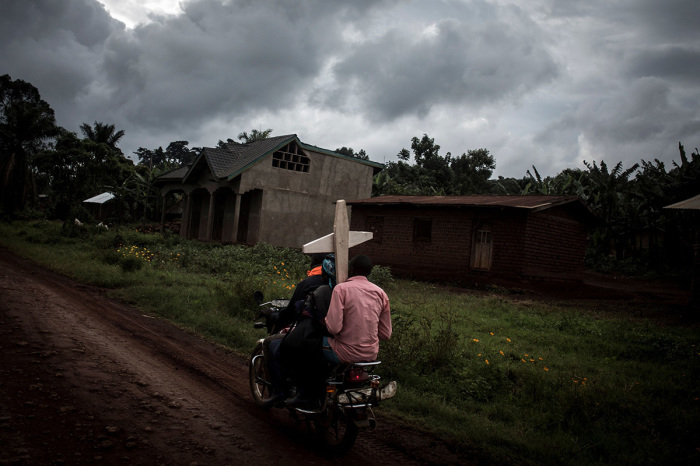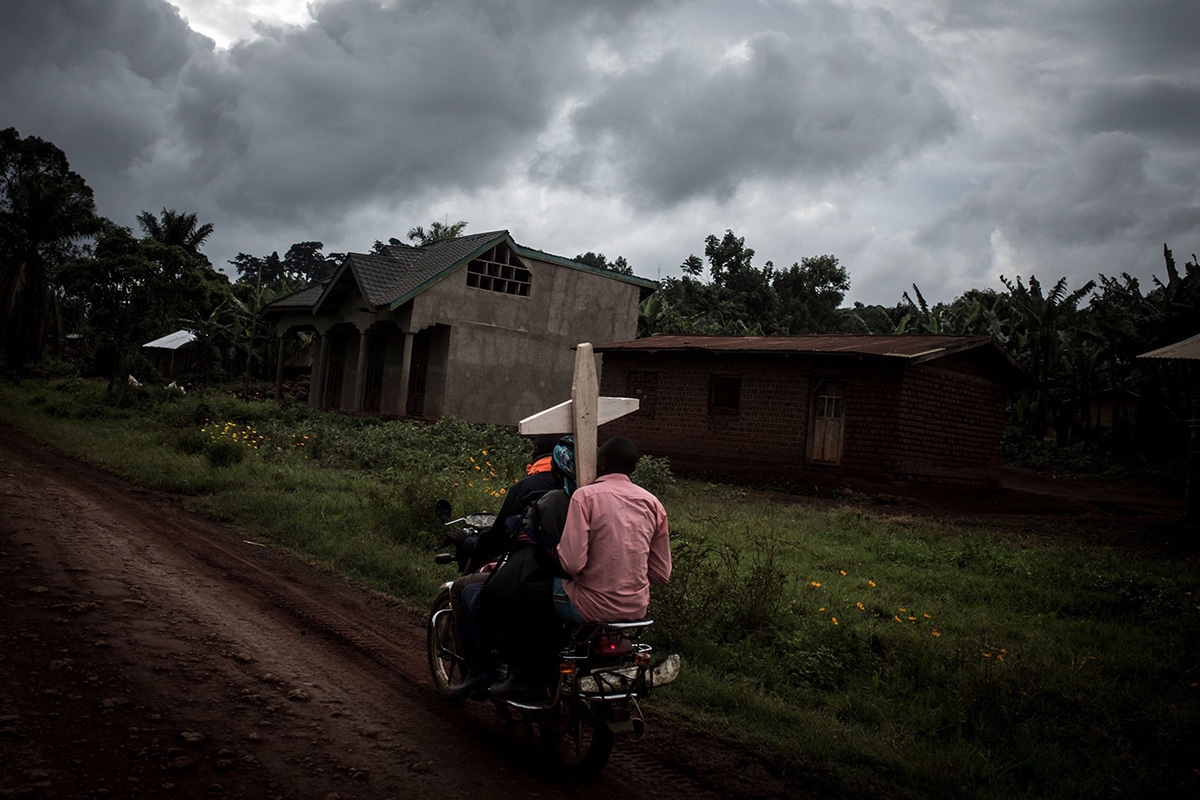
A new study has shown a correlation between high levels of government corruption and increased persecution of Christian communities across several nations. Stressing the need for a concerted international response, the report points to a direct association between corrupt practices within government bodies and discriminatory policies against Christians.
The report, titled “Corruption and Christian Persecution” and released this month by the U.S.-based persecution watchdog International Christian Concern, shows that corrupt governments often fail to protect minority rights, leading to environments where Christian persecution is either ignored or tacitly supported.
The report corroborates various studies, including reports by Transparency International, which seeks to combat global corruption and defines it as the misuse of public power for private gain. ICC suggests that the fact that countries with high levels of corruption also experience significant Christian persecution is not merely coincidental.
In the report, the group cites examples from countries recognized as the worst persecutors of Christians.
In Afghanistan, corruption permeates multiple sectors, including government and law enforcement, severely undermining legal and social protections for minorities, the report says, pointing out that pervasive corruption has allowed extremist interpretations of Islamic law to flourish, putting Christian converts at grave risk. They face dire consequences, including death threats and social exclusion, with corrupt officials often turning a blind eye or even condoning such acts.
In Nigeria, corruption not only hampers economic development but also directly impacts the safety of Christian populations. Corruption has facilitated a lack of accountability for acts of violence against Christians, who constitute nearly 70% of religious killings in the country, according to the report, which suggests that this neglect is often due to corrupt relationships between local officials and extremist groups.
The situation in Azerbaijan, a predominantly Muslim country that militarily seized control of Nagorno-Karabakh—a region predominantly inhabited by 120,000 ethnic Armenian Christians—last year, reflects a similar pattern.
In Azerbaijan, a high tolerance for corruption among the populace affects all layers of society, including the treatment of religious minorities. “The country’s economy, particularly its oil and gas industry, is susceptible to corrupt practices, with reports of widespread cronyism among government officials and business elites,” says the report.
It adds that “tolerance of corruption” is high also among the population in Azerbaijan, with everyday citizens using bribes to bend the laws in their favor. Like many countries, the constitution of Azerbaijan guarantees freedom of religion, but Christians face restrictions, violence and intimidation.
In Pakistan, empirical evidence suggests that corruption and religious persecution together have detrimental effects on the country’s economic growth, says the study. The economic ramifications are profound, as corruption and Christian persecution jointly degrade economic stability, discouraging foreign investment and stunting national growth through a cycle of instability and distrust.
In India, the intertwining of Hindu nationalist ideology and governmental corruption synergizes the oppression of religious minorities, including Christians. This collusion leads to policies and law enforcement practices that disproportionately target Christians, from police inaction to legal discrimination, under the guise of maintaining Hindu cultural supremacy, the study says.
In Myanmar, the combination of corruption and religious persecution manifests through systemic discrimination enforced by both government and military forces. Historical and ongoing corruption within Myanmar’s colonial-era structures allows for continued exploitation and targeting of Christian communities, particularly in regions embroiled in ethnic conflicts, ICC says.
Similarly, in Eritrea, widespread corruption among government officials has facilitated a harsh clampdown on religious freedoms, according to the report, which cites the U.S. Department of State (2020) to point out that the Eritrean regime’s lack of transparency and accountability enabled the perpetuation of severe human rights abuses against Christians, who are often detained in inhumane conditions without trial.
In China, the government’s strict control over religious activities is worsened by corrupt practices that affect all levels of bureaucracy, enabling widespread human rights violations. As officials ascend the bureaucratic ladder, their involvement in corrupt activities increases, particularly those that suppress unauthorized religious practices, says the report. The corruption leads to severe repercussions for Christians, including surveillance, arbitrary detention and harsh punishments without due process, as the state seeks to eliminate any potential threats to its authority.
The study also refers to the role of state-controlled narratives and corrupt media practices in public intolerance and discrimination against Christians, particularly in Middle Eastern countries.
ICC suggests that a concerted international response is critical in addressing the dual challenges of corruption and Christian persecution.
It urges advocacy groups and international bodies to collaborate more closely in imposing sanctions against corrupt officials and regimes that perpetuate religious persecution. The group further calls for international partnerships to provide asylum and support to persecuted individuals to mitigate the immediate dangers they face while also pressuring their home countries to reform.





